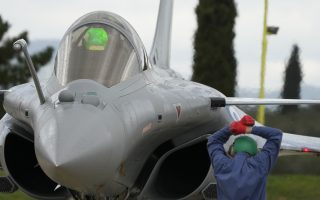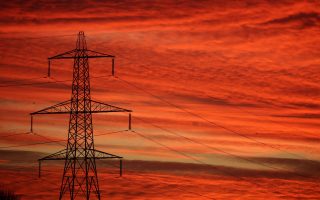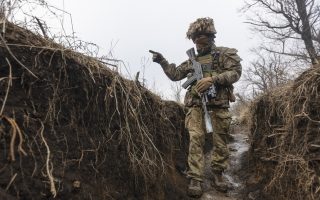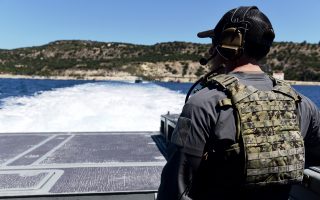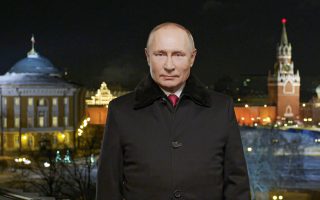Fundamental soft power weapons
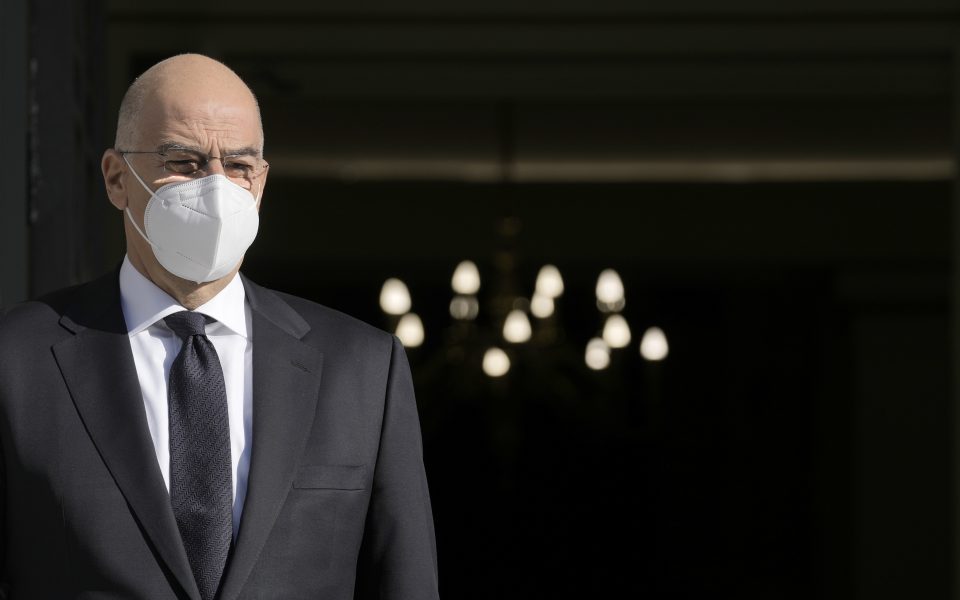
We have entered a difficult and unpredictable phase with Turkey. Western diplomats and analysts share Greek concerns and estimate that Turkish President Recep Tayyip Erdogan will increase tensions dramatically with either Greece or Cyprus in the next six months.
Most of those diplomats and analysts, unfortunately, do not realize that the way some Western governments are handling Ankara is likely to increase the chances of a crisis in the Eastern Mediterranean.
The Greek government has mobilized, both on a diplomatic and military level. Of course it is repeating the classic mistake of raising too many expectations. However, it is also solving long-term problems at an unexpected pace, and building alliances. We all hope that there will be no crisis. But we must be ready to face one, and we are far behind in two crucial areas of great importance: public diplomacy and the effective preparation of the Greek diaspora.
The diaspora should be an important weapon in our arsenal. It is not – and all Greek governments are responsible for this, as they preferred to talk to the “professional expatriates” and let the country’s ties to the diaspora loosen. There are individuals who do an excellent job, and Prime Minister Kyriakos Mitsotakis has a good network of personal contacts with important expatriates who will play their role. Foreign Minister Nikos Dendias travels everywhere and has revived the concept of soft power. But that is not enough. The proper example for organizing a diaspora exists and it has been perfected by Israel. We could ask for the help of the representatives and leading personalities of Israel’s diaspora, who already have close ties with us.
As for public diplomacy, a lot of valuable time has been lost. It is enraging to meet people abroad in important positions who do not understand anything and buy into Turkey’s arguments. It is so enraging that it prompted Kathimerini to publish an English-language volume (edited by Professors Thanos Dokos and Angelos Syrigos) with maps and explanations of the Aegean Sea. We did this because we believe that, today, we all share a responsibility – not only the state or politicians – to defend the interests of the country.
The rich and powerful Greeks inside and outside of the country must shoulder a part of a national effort. If we learned one thing from the documentary miniseries “Disasters and Triumphs” broadcast on Skai, it is that the catalyst for the rebirth and the shielding of the country was often an enlightened and dynamic diaspora and a middle class that had a sense of debt, a sense that it owed something to the country – not that the country owed them anything.
